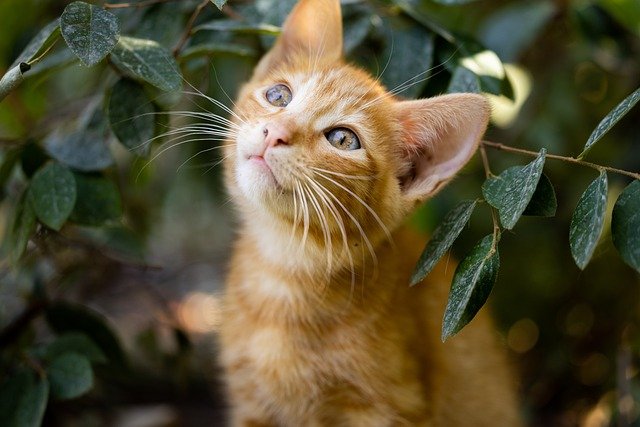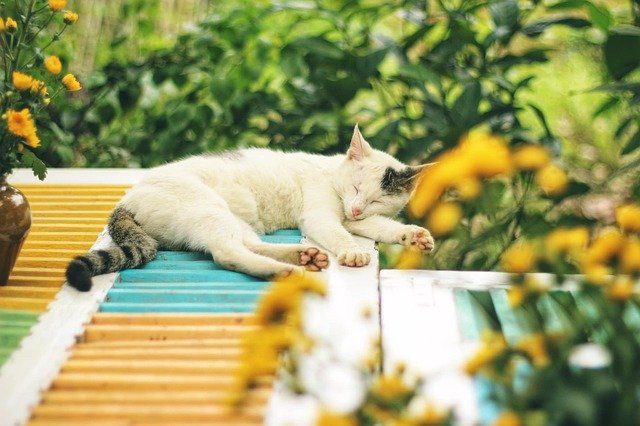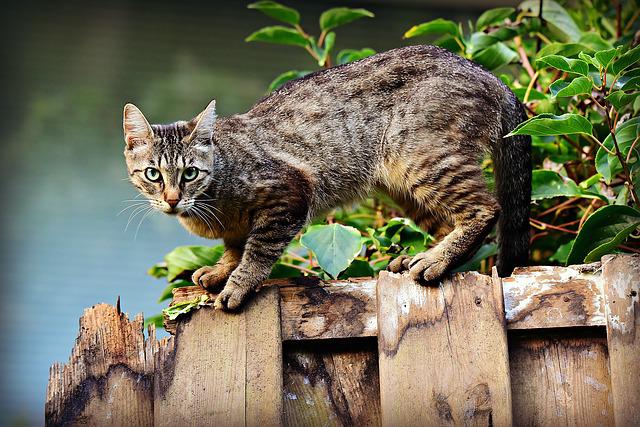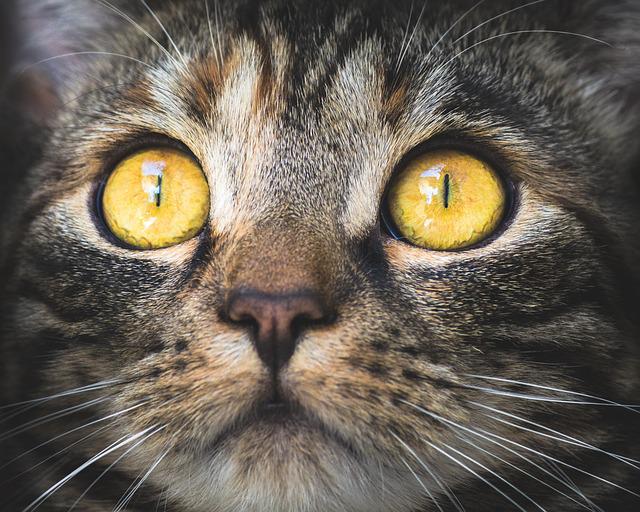Fear in cats
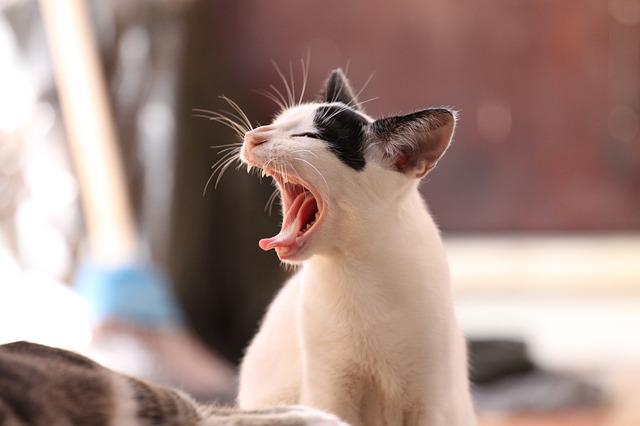
Fear is the natural defense response of any animal. In humans, it causes the production of adrenaline needed for action: flight or fight. Too much fear, and hence stress, causes disease states. They can manifest themselves in the beginning through irrational behavior and later even have serious health consequences.
A cat under strong, long-term stress may require pharmacological help. The cat is naturally a very skilled hunter, after all, they have established themselves all over the world in various forms. Be it lions in the savannah or tigers in the Himalayas. Attack is one of the basic reactions to fear. Especially when the cat is already older. Younger cats will rather hide and try to wait out the source of fear. In indoor cats, the cause of fear is usually the presence of some new person around, or an excessive urge to cuddle and touch the cat. After all, cats are known to be a kind of reward for exemplary performance by touch.
House cats have not lost their physiological instincts
You can recognize a cat’s fear by putting itself in a combat position, preparing to jump towards the source of fear, ruffling its fur, and raising its tail. A combat position may be preceded by a quick escape to the hiding place, so that the cat does not attack from behind. Then there is a growling, hissing, and snorting in various combinations. The growling resembles the sounds made by dogs. Hissing is the moment when the cat bites its teeth hard and lets out air. This is the “I will attack you” signal.
House cats are not aggressive towards people, they do not treat us as victims. At this point, we have very little time to react so that the stressed cat does not scratch us.
What can be done with stress in cats
First of all, we cannot maintain eye contact with our pet. What for us is often an expression of peace, for the cat is an important signal: “something is going on”. The second thing is to turn your back on the cat, that’s another signal: “we are fighting together.” If we are afraid that the cat will attack us from behind, we should start running away. The cat will be very surprised by this action, if we maintain a close relationship with him, it may even encourage him to play. We are the victim. There is a reason why the proverb says “playing cat and mouse”, that is, the aggressor and the victim. Our pets love to hunt!
For us, the most important thing is to remain calm, running after the cat or trying to help him in an inappropriate way, we will only be an additional source of stress for him. The easiest way to relieve stress is by playing or having your favorite snack. At this point, we can also try to let the cat smell our fingers so that it remembers our smell (it’s important to do it also while playing).
Long-term stress in cats
The easiest way to reduce the cat’s fear is to remove the potential threat from the environment. However, sometimes it is not known what this potential threat is. In this case, we will not do much ourselves, we need professional help from a feline behaviorist, but such services are costly. In the case of long-term stress, it is important that the fear will not regress, but will only increase. You should then seek professional help from your vet who will decide if drug treatment is needed.



